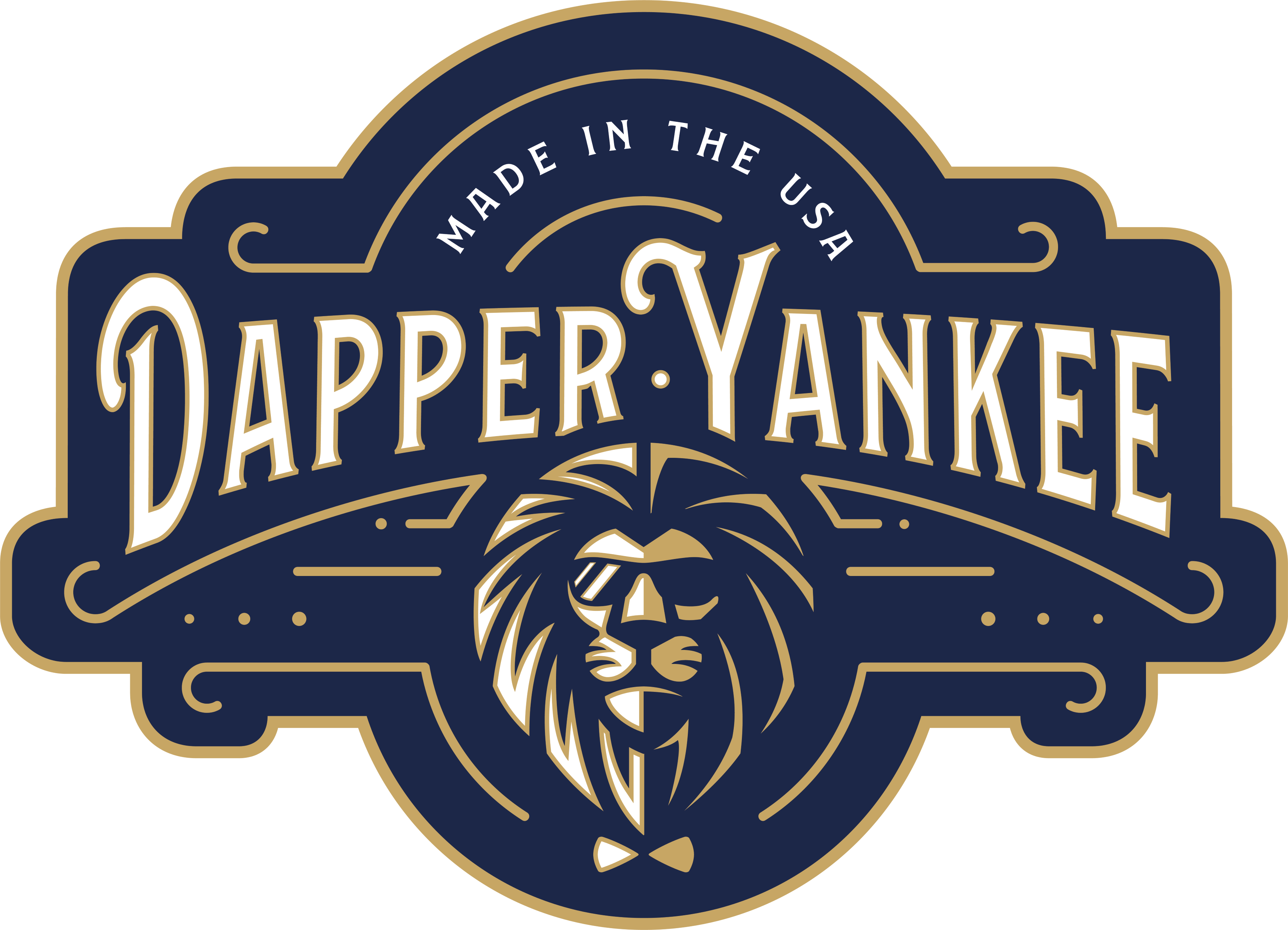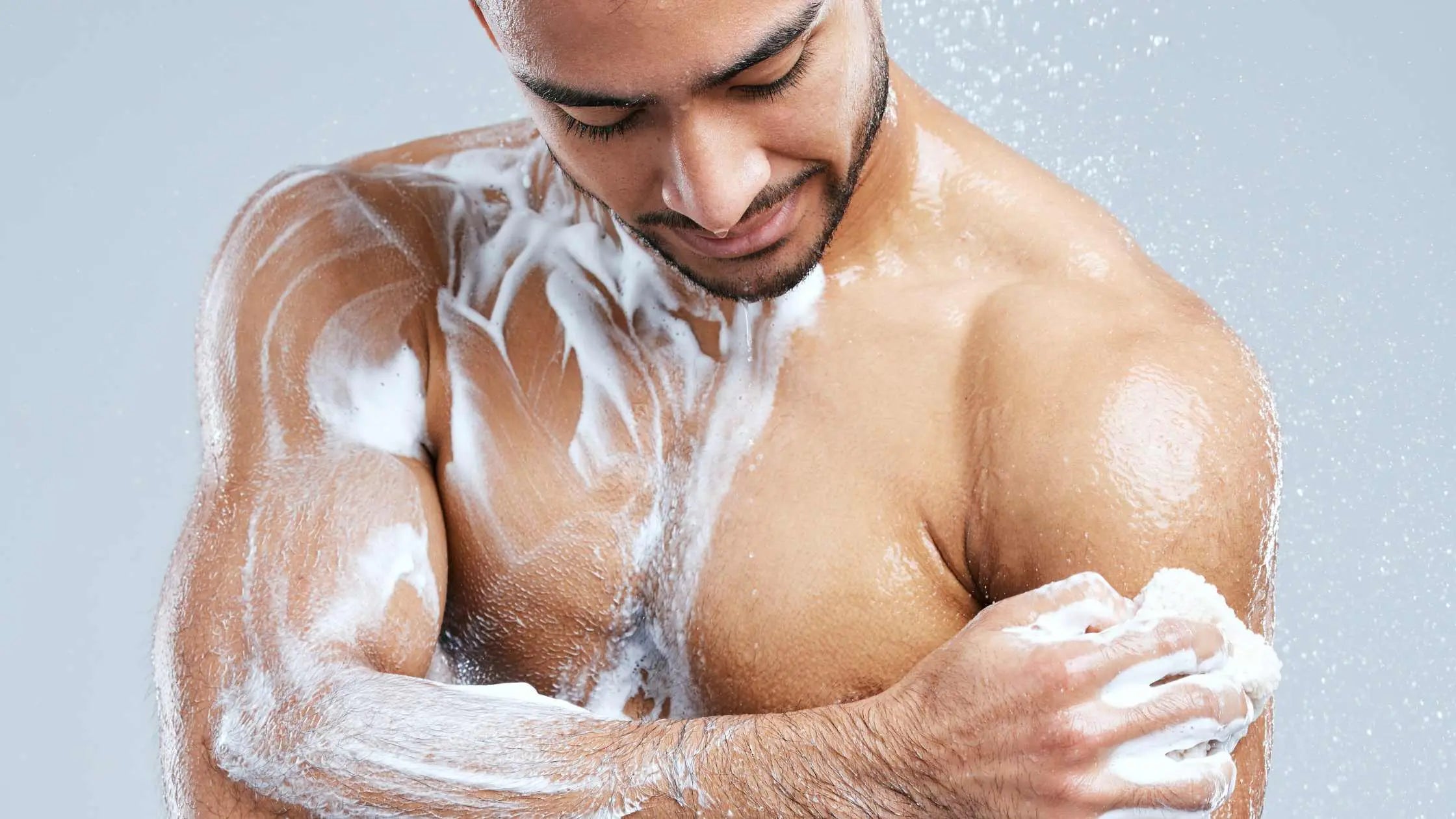Introduction
If you've ever taken a shower or washed your hands with soap, you know that it creates a lather. But how does it do that?
When you rub the soap, tiny air bubbles form in the liquid. These bubbles hold water and other ingredients from the soap in them, creating an "emulsion" (which means "mixture"). This is how soap cleans your skin — by trapping dirt and oil inside these tiny bubbles.
This is how soap cleans your skin.
The process of lathering up is actually quite scientific. Soap creates a thin film of soapy water on your skin, which attracts oil from your skin and other sources in the environment (like dirt). The oil is dissolved in the soapy water, and as you rinse it off with water, the soap is washed away with it.
This process makes sense when you consider that soap was originally developed as a way to clean dirty hands--and even today we still use soap for this purpose!
Why does soap create lather?
Soap is a surfactant, which is a fancy way of saying that it helps water mix with oil. Put simply: Soap causes an insoluble substance (like oil) to become soluble in water. This happens because soap molecules have one end that's attracted to water and another end that's attracted to oils, so they can bind with both. This allows them to act as a bridge between the two substances, allowing them both to dissolve in each other rather than separate out into their own layers like they otherwise would do--and voila! You've got yourself some lathery goodness!
Soap lather isn't just great at making bubbles; it also has other properties as well: It acts as an emulsifier (which means it keeps ingredients mixed together), solvent (it dissolves things), hydrotrope (it helps ingredients dissolve faster), foam stabilizer...the list goes on!
The secret of soap lather lies in the tiny air bubbles in the soap, which hold more water than liquid alone.
The secret of soap lather lies in the tiny air bubbles in the soap, which hold more water than liquid alone. You may be thinking that this is obvious, but it wasn't until 1838 that French chemist Michel Eugne Chevreul discovered how soap works its magic.
The tiny air bubbles are formed by mixing soap with water and then whipping up a lather. When you rub your hands together with some kind of cleansing agent (like what's in your bar of Dove), two things happen: First off, any dirt or makeup on your skin gets broken down into smaller pieces so they can easily be washed away; second--and this is where things get interesting--these smaller particles cling onto oily cells called sebaceous glands in order to stay afloat in their new environment (your hand). This means they'll also attract any extra moisture around them (from both inside and outside sources), creating an ultra-thin film of soapy water that coats every inch of exposed skin!
Which types of soap foam best?
The best soaps will foam up well, but it's also important to consider what type of soap you're using. Soaps that contain glycerin and other ingredients that help them foam are usually the best choice for this reason.
-
Soaps made with natural ingredients are also good choices because they're less likely to dry out your skin or cause irritation.
-
Soaps made in small batches tend to be better quality than mass-produced soaps; they're more likely to contain fewer additives and preservatives, which means they'll last longer and won't irritate sensitive skin as much (if at all).
-
Finally, if you want something even more luxurious than store-bought bar soap--and we can't blame you--look Dapper Yankee! These products contain no synthetic ingredients and are handmade by artisans who care deeply about their craftsmanship as well as how their work impacts our planet at large (you know...and yours specifically).
Conclusion
So, there you have it. The secret of soap lather lies in the tiny air bubbles in the soap, which hold more water than liquid alone. This is how soap cleans your skin.


Share:
5 Signs of Having Low Testosterone
New York Yankees vs. Dapper Yankee: Are They Related?